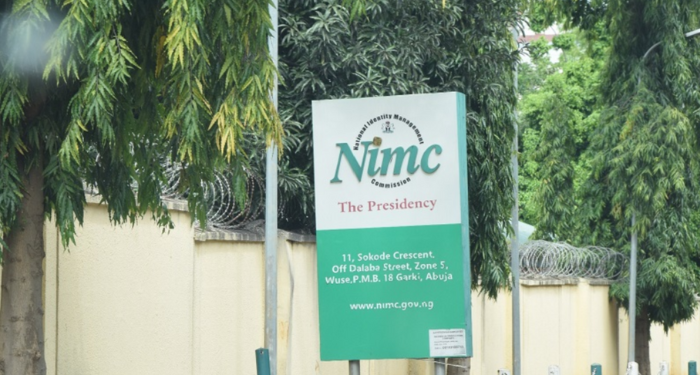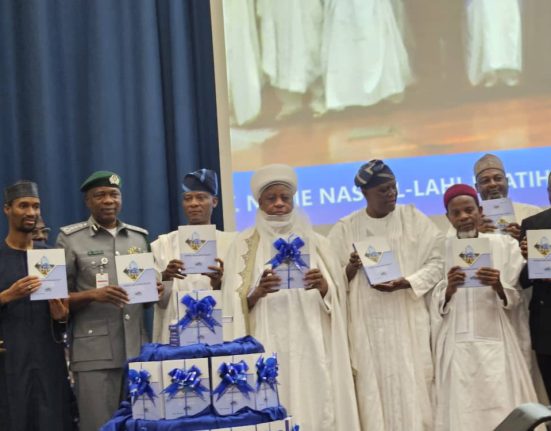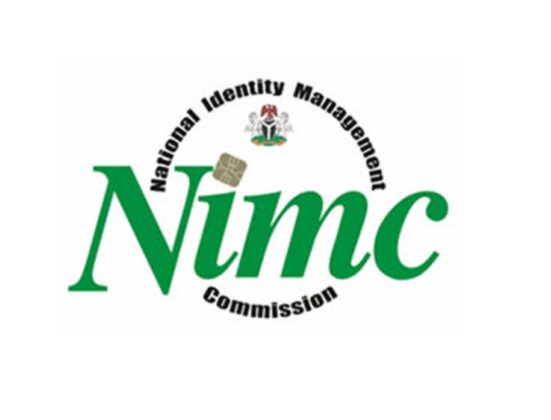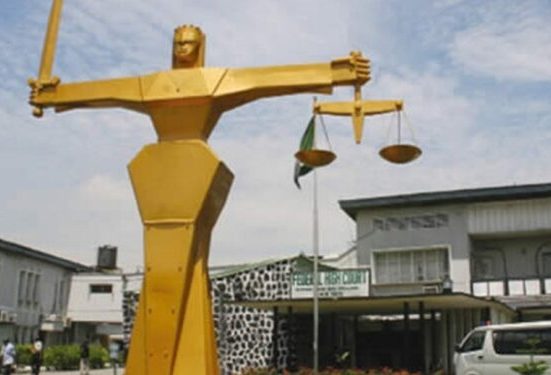Some staff of the National Identity Management Commission (NIMC) stationed at enrolment centres across Abuja have come under fire following fresh allegations that they are collecting illegal fees from applicants in exchange for tampering with date of birth entries on the National Identification Number (NIN) database. The development has sparked outrage among Nigerians, raising serious concerns over the integrity of the country’s national identity system.
According to multiple reports and eyewitness accounts gathered from several NIMC offices within the Federal Capital Territory, some agents are said to be demanding bribes ranging from ₦5,000 to ₦20,000 to alter birth dates for individuals who wish to manipulate their age for various purposes, including job applications, school admissions, and international documentation.
Applicants claim that while official procedures require court affidavits and strict verification processes for any modification of biodata, corrupt officials have created a backdoor channel that bypasses due process—provided the right amount of money is paid. These unauthorized alterations reportedly happen discreetly, often in collusion with external touts who act as intermediaries between desperate applicants and complicit staff.
In some cases, applicants allege that they were encouraged to “settle” staff in order to get their records changed without facing bureaucratic hurdles. This practice not only undermines the credibility of the NIN system but also raises security concerns, especially as the national identity database is tied to critical services such as banking, telecommunications, immigration, and voter registration.
When approached for comment, senior officials at the NIMC headquarters in Abuja denied institutional involvement but acknowledged receiving complaints about misconduct at certain enrolment centres. They assured the public that internal investigations have been initiated and that any staff found guilty would face disciplinary actions, including dismissal and prosecution.
Civil society groups and digital rights advocates have also condemned the alleged practice, urging the Federal Government and anti-corruption agencies to intervene decisively. They argue that allowing such manipulation of identity data not only compromises national security but also erodes public trust in government institutions.
Meanwhile, calls have grown louder for the deployment of more robust digital oversight mechanisms and third-party audits to detect and prevent data manipulation. Many stakeholders are also demanding that NIMC urgently introduce a whistleblower platform for the public to report cases of extortion and fraud.
As pressure mounts on NIMC to clean up its system and hold erring staff accountable, the unfolding scandal serves as a stark reminder of the challenges facing Nigeria’s digital identity infrastructure—at a time when trust, accuracy, and security have never been more critical.







